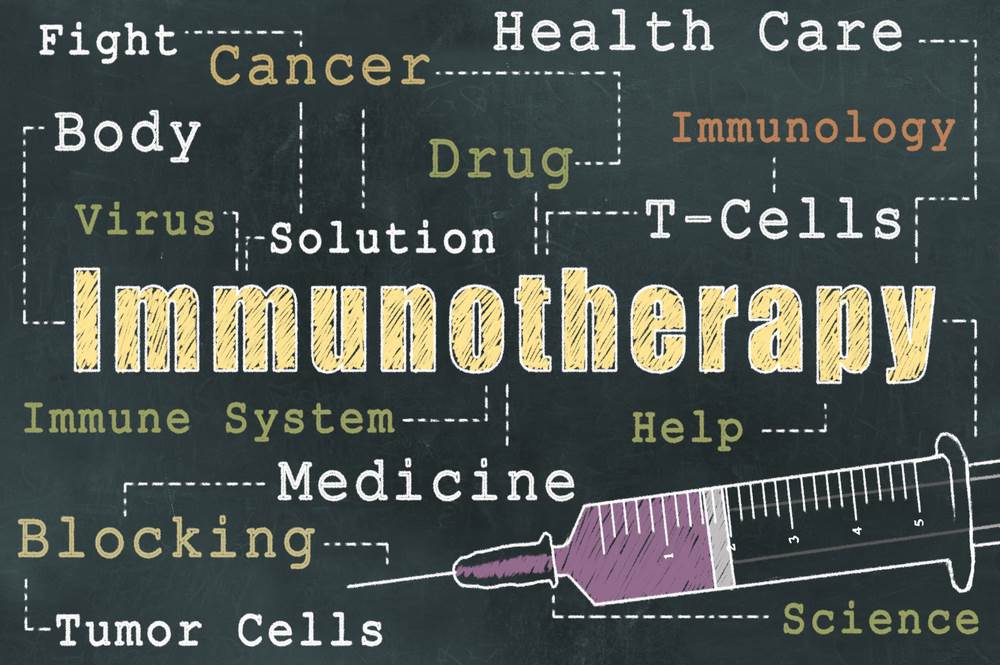Immunotherapy Success Rate

Immunotherapy is an exciting development for cancer patients, but it does not work in some types of cancer patients. The results suggest that the resistance to immunotherapy treatment by CAFs and the oxidative stress in the body can counteract the effectiveness of immunotherapy. Overall, immunotherapy is one of the best cancer treatments as it ensures a better chance of fighting cancer cells and the success rate is also a lot more promising. The fact that immunotherapy does not suit every cancer patient is somewhat true as immunotherapy can sometimes make the tumors more sensitive to other cancer treatments as well. [8]
According to a study by university of Southampton, the combination of checkpoint inhibitors and cancer vaccine show better tackling of the scarring in organ tissues and significantly enhance the success rate of immunotherapy treatment for cancer. Moreover, several laboratory trials studying the effectiveness of immunotherapy explain that this cancer treatment enhances the immune system to better fight all types of cancer. The success rate of immunotherapy depends on the penetration of killer lymphocytes into tumors to kill the malignant cells.
However, majority of the patients fail to respond well as the tumor blocks the penetration of lymphocytes at the edge thus preventing the attack on malignant cells. The scientists are working even hard to potentially enhance the success rate of immunotherapy by exploring the ways to overcome the issues of lymphocyte blocking and resistance to the drugs. Another important aspect that acts as a hurdle in immunotherapy treatment to works well is that the cancer cells hijack fibroblasts and make them as their shield against the immune response.
The crucial factor with the poor survival rate due to immunotherapy is the association with CAF-rich cancer cells in the body and it include more than 50 percent of the cancer patients of esophageal, colorectal, and pancreatic cancer. The fibroblasts no longer stay normal cells and are known as cancer-associated fibroblasts (CAF) which protect the cancer cells from the lymphocyte attack thus not letting the immunotherapy to work effectively.
A study by researchers from UCLA suggest that the immunotherapy treatment specifically by using pembrolizumab helps more than 15 percent of patients with advanced lung cancer to live for at least five years. The survival rate increases in another 25 percent of the lung cancer patients who receive immunotherapy if there is presence of a specific protein on tumor cells. At the beginning of the study in 2012, the five year survival rate for patients with lung cancer was only 5.5 percent.
Immunotherapy can promise a prolonged life for some patients in their stage 3 or stage 4 melanoma too and also including those patients who cannot surgically remove their melanoma, a condition known as an unresectable melanoma. [9] Checkpoint inhibitors specifically play an active role in making 22 percent of the stage 3 melanoma patients to stay alive for 3 years. The figures show that eight percent of the people who receive checkpoint inhibitors treatment survive for 4 years or more while 10 percent of the patients live for 3 years.
